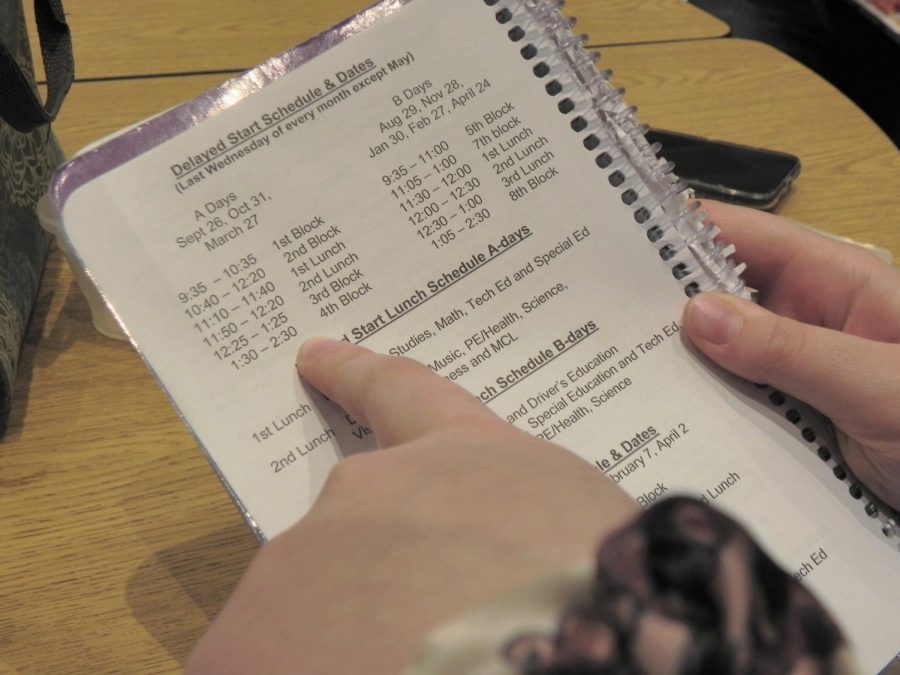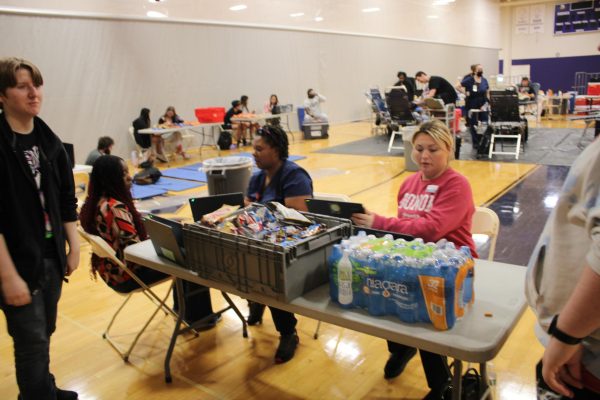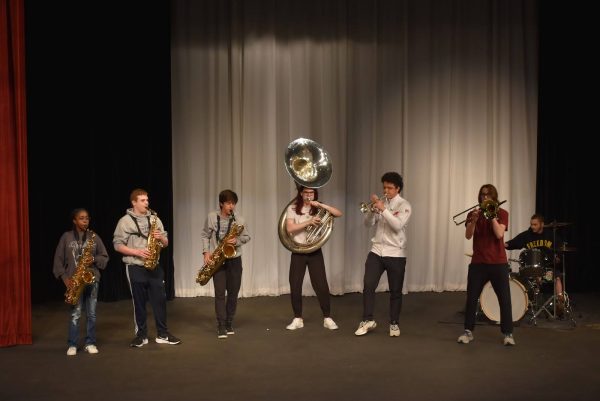Late Starts Should Replace Early Release
Throughout the school year, Parkway North has eight late-start days and four early release days. These altered schedules allow teachers and staff members time to discuss curriculum and students. Though early release days have pros such as a shortened day and more time to study, these dates should be changed to late start days so they can better accommodate the students’ needs.
The main benefit of late starts for students is the extra time to sleep in.
“Late-starts give students time to sleep in and even though some might not take advantage of that, they still have the opportunity,” said sophomore Joey Sawyer. “I think that’s really good for kids, especially teenagers because we’re all going through changes. We need that sleep; it’s pretty valuable.”
If a student is up in the morning and doesn’t want to sleep in, that student may use the extra time for studying. While students are catching up on much-needed sleep and studying, teachers are meeting to plan the curriculum and share ideas about various practices.
“Either one is fine; however I like delayed start better because you have teachers collaborating when their minds are fresh and they don’t have to think about the day to day things on their minds until after the fact. Either one has its pros and cons,” said principal Dr. Tori Cain.
“I [like] late start because it’s nice to get some fresh ideas from teachers at the beginning of the day, and you’re not worn out from teaching when you’re collaborating with teachers [like you might be] at the end of the day,” said French teacher Suzanne Johnson.
Other students and teachers prefer early release because it is not as easy for them to be attentive after being in meetings all morning and it’s not as easy for the students to be attentive after getting to sleep in. These individuals prefer to exert their energy on teaching and studying and have meetings and be in class, which requires less energy, at the end of the day.
“I prefer the early release. I’d rather have my meeting at the end of the day because sometimes you’re worn out because of the meeting. Then you go and teach and don’t have quite the same level of energy to teach,” said English teacher Mark Bannecker.
“I don’t like late start days because they make me not want to work harder in my classes. [I prefer] early release because it gives me more time to study and get my work done,” said sophomore Lexy Forsythe.
While this may seem like a good idea, it is difficult for students who have extracurricular activities.
After school gets out on an early release day, students who have sports and extracurricular activities find it difficult and unproductive to stay at school and wait until their activity begins after the teacher or sponsor is finished with their meetings.
“With [after school] activities, if we have early release since it is set aside for staff development, the students have to have a supervisor for that particular time. We have to house them in a place of supervision until their coaches and teachers are available,” said Cain.
While both early release and late start days have benefits, early release days should be changed to late starts because they are more convenient and productive for students.

















